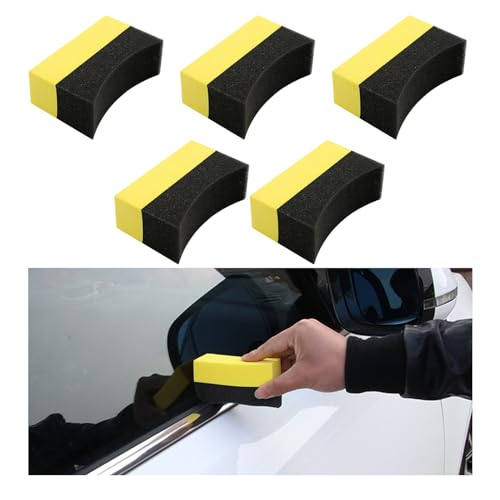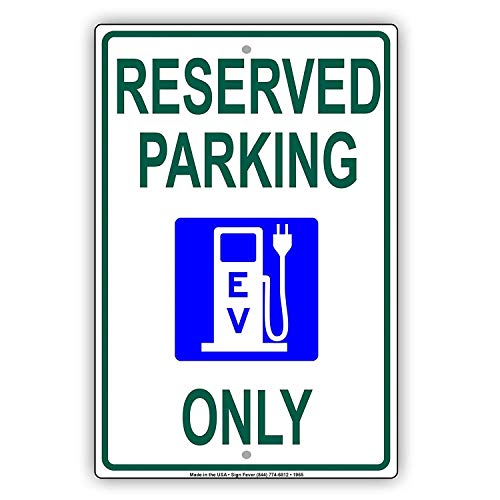I am a new owner of a Mitsubishi outlander PHEV having previously owned Toyota's. I am quite disappointed with the performance of the electrical and entertainment systems on the car, and was going to write this off as simply a bad experience, but then I see that the PHEV has just won 'best large SUV' in the 2017 what car survey, and consequently started to wonder if I simply had what used to be called a 'Friday' model.
Nothing seems to work correctly on it.
Staring with the FM radio, it tunes to stations but then the button forgets the name and reverts to the frequency display only.
The charging information doesn't update correctly. I charge it every night but not every charge is recorded even though the battery is fully charged and the car drives on EV.
While driving long distances the electrical system reboots with a loud thump through the speakers as if something has pressed 'control alt delete' and the centre screen blanks and then comes back with the Mitsubishi logo even though the engine continues to run and the car is being driven.
I've given up completely with the WiFi and the charging times as these seem completely random in their outcome.
it doesn't seem to regenerate any power, having previously owned a Prius, I'm used to driving a hybrid. The PHEV runs great as an electric car and then switches to be a petrol car, but doesn't seem to re-gen power unless I switch the mode to 'charge'.
Fuel economy is pretty abysmal too, with only about 35mpg at best once the EV battery is flat.
Maybe all of this behaviour is usual, and I'm just expecting too much
Darren
Nothing seems to work correctly on it.
Staring with the FM radio, it tunes to stations but then the button forgets the name and reverts to the frequency display only.
The charging information doesn't update correctly. I charge it every night but not every charge is recorded even though the battery is fully charged and the car drives on EV.
While driving long distances the electrical system reboots with a loud thump through the speakers as if something has pressed 'control alt delete' and the centre screen blanks and then comes back with the Mitsubishi logo even though the engine continues to run and the car is being driven.
I've given up completely with the WiFi and the charging times as these seem completely random in their outcome.
it doesn't seem to regenerate any power, having previously owned a Prius, I'm used to driving a hybrid. The PHEV runs great as an electric car and then switches to be a petrol car, but doesn't seem to re-gen power unless I switch the mode to 'charge'.
Fuel economy is pretty abysmal too, with only about 35mpg at best once the EV battery is flat.
Maybe all of this behaviour is usual, and I'm just expecting too much
Darren


































